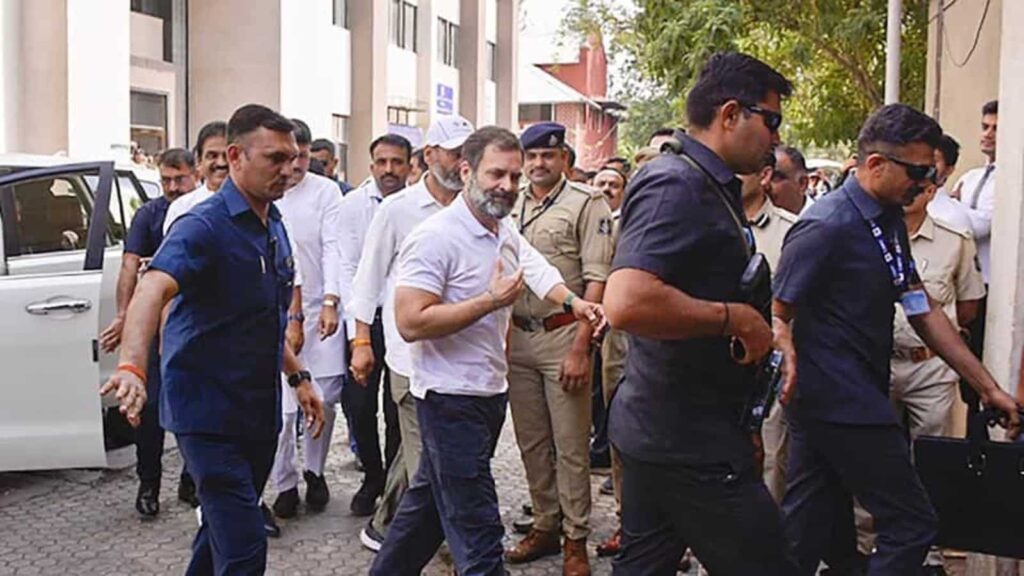There are two significant takeaways from a Surat district court’s conviction of Congress leader Rahul Gandhi — and neither is about whether or not he will be disqualified as a Member of Parliament although a 2013 Supreme Court judgment is explicit on the outcome. The first is about whether the judgment will reopen the discussion on one of the most controversial penal provisions in India, the criminal act of defamation, defined by sections 499 and 500 of the Indian Penal Code, and which spell out a punishment of a maximum of two years in prison and a fine. Despite experts arguing that it is disproportionate (a civil remedy against defamation already exists on the books), and is prone to misuse, it has resisted legal challenges at least twice. The latest of these came in 2016, when the top court rejected pleas from top politicians and public intellectuals that the British-era provision was an outdated idea that undermined free speech, and instead held that a person’s right to reputation was part of one’s fundamental right to life. Indeed, many countries in the world have done away with the provision.
The offence arises from the interplay of two sets of fundamental rights bestowed by the Constitution — Article 19, which allows for free speech with reasonable restrictions, and Article 21, which assures the right to live with dignity. In a way, the offence is peculiar because it is a private remedy, and not one with any public dimension — which means that only another individual or group can bring the charge of criminal defamation against someone, not the State. It is precisely because of these reasons that, in spite of upholding the law, the apex court asked magistrates to be careful while adjudicating such cases and ensure that the allegedly defamatory statement is not generic, is not based on subjective understanding of a remark, and contains the specific ingredients that make up a charge of defamation.
The second is whether it will open the door for more such suits. While politicians have used criminal defamation as a tool before — the J Jayalalithaa administration between 2002 and 2006 filed over 100 criminal defamation cases against the media — political campaign speeches have largely remained exempt from the domain of criminal defamation, not by law but practice. This judgment will thus likely have significant ramifications in a year where five more assembly elections are scheduled to be held.
Enjoy unlimited digital access with HT Premium
Subscribe Now to continue reading


